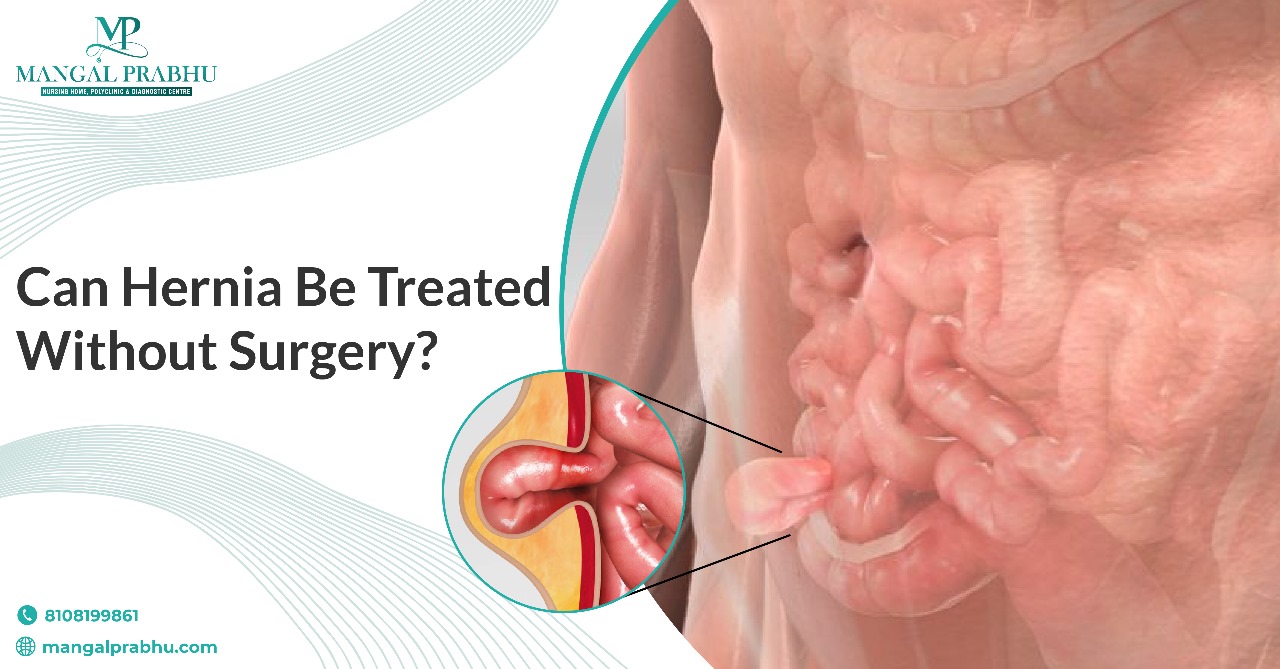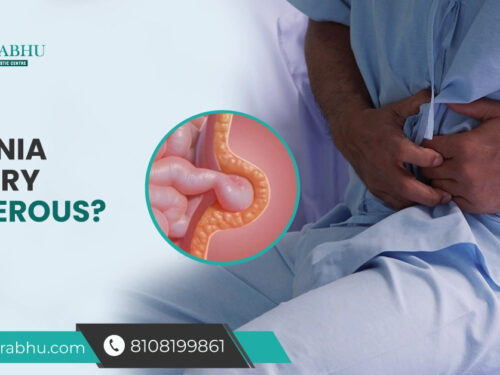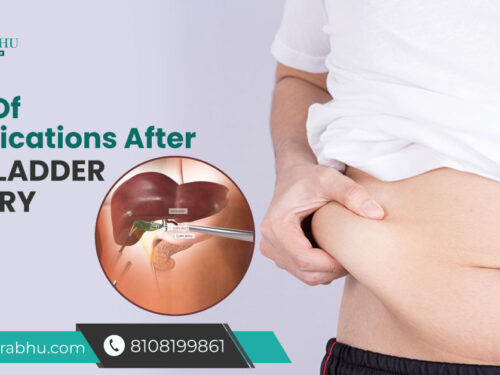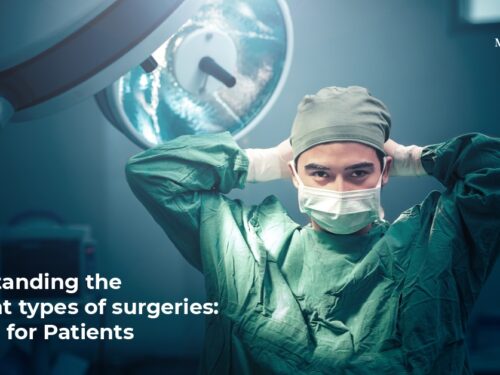
A hernia is an unusual bulge caused by the organs that push through the weak muscle walls. The bulge is visible when you cough, sneeze, or put any kind of pressure on the affected area. Hernia can occur in the groin area, on your abdomen, and other parts of the body. They can be a birth defect or occur as you age. Hernias are also common in people who have undergone major surgery. Fortunately, hernia treatment in Navi Mumbai is available for those experiencing pain, discomfort, and other symptoms of hernia.
Non-Surgical Treatment Options
Unfortunately, the hernia will require surgery eventually. It doesn’t go away on its own. You can find temporary relief from certain medications, corsets that keep the bulge in place, and mild exercises, but these are only temporary solutions.
1) Medication:
Medication alone can’t help you get rid of a hernia, but it can relieve the symptoms and discomfort. For Hiatal hernia, you can take over-the-counter medication to relieve acid reflux and heartburn. Likewise, painkillers can help relieve pain.
2) Exercise:
If you practice high-intensity exercises or weightlifting, you might have to ask your healthcare provider if that’s safe. Any exercise that puts excess pressure on the bulge can make it worse. Talk to a hernia surgeon in Navi Mumbai and discuss the best exercises to prevent hernia from growing.
3) Dietary Changes:
Hiatal Hernias can cause GERD, heartburn, and many digestive issues. These are often triggered by certain foods that can cause your stomach acid to find its way to your throat. Take note of the foods that trigger these symptoms and focus on a healthy and balanced diet. Try to eat small and frequent meals.
4) Maintain a Healthy Weight:
Being overweight increases your risk of developing or worsening the existing hernia. It’s important to discuss your health goals with a healthcare provider and follow a weight-loss plan to shed those extra pounds.
Pros and Cons of Non-Surgical Treatments
As mentioned previously, hernia cannot be cured nor can it be reduced with manual treatments. You can take some steps to avoid the discomfort, pain, and other symptoms associated with the bulge, but you are eventually going to undergo surgery to have it fixed. The good news is a surgical procedure for hernia is minimally invasive and doesn’t take much time to heal.
You can also consider alternatives to open surgery, like robotic surgery or laparoscopic procedure. That said, not all types of hernias cause symptoms. There’s a chance the condition might go unnoticed and won’t require any repair either. It’s still best to consult your healthcare provider to ensure it won’t cause any complications. Let’s check out the pros and cons of non-surgical hernia treatments.
Advantages
- It can help reduce your hernia symptoms
- The non-invasive procedure doesn’t require any post-operative care
- You can carry out your routine activities
Disadvantages
- High risk of bowel obstruction
- Possibility of strangulation
- Hematoma
- Infections
See a healthcare specialist if you see the signs of hernia. Even if it’s causing any symptoms, it’s best to talk to a professional to rule out the possibility of any complications.



